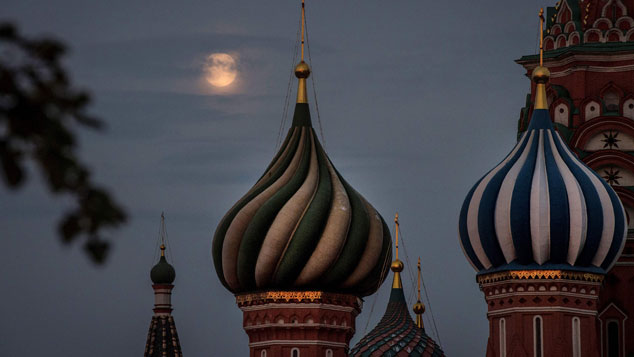
It’s very easy for those of us with a liberal view to regard all populists, dictators and hard-right conservatives as demagogues and jumped-up loudmouths. But that doesn’t necessarily make their countries bad investments. Russia is a good example. I find President Vladimir Putin reprehensible on many levels yet, with oil prices stabilising, now may be the time for a rethink on the investment case. Other interesting bets in a similar vein include Turkey and Poland.
Collectively (along with Greece), these countries form part of “emerging-market Europe” (EME). You may not approve of their leaders, but all of these economies are steadily picking themselves up off the floor and that makes them appealing. Some of the recovery is specific to the individual countries, some is down to a broader recovery in emerging-markets (gaining momentum as I write), and some is helped by the recovery in the core eurozone, which looks fairly buoyant.
The simplest way to play this trend is to buy an exchange-traded fund (ETF) that tracks Russia, for instance, or the wider region. But it is a tricky area – to put it mildly – which means there is a good argument for using an active fund manager. The good news is that there are a couple of excellent investment trusts which boast long track records – Baring Emerging Europe (LSE: BEE) and BlackRock Emerging Europe (LSE: BEEP).
Both have beaten the index nicely – both are up 29% over the last 12 months, and around 50% over the last three years (compared with 19% and 21% respectively for the MSCI benchmark). Charges aren’t excessive with either – both have a base fee of 0.80%, although the all-in total expense ratio (see page 10) for the Barings fund is 1.55%, (according to Numis) and 1.29% for BlackRock.
On balance, I’d say the BlackRock fund is the better pick. It features some punchy bets – 55% of its portfolio is in Russia, 18% in Turkey and 12% in Poland, with Greece on 7%. Big holdings include Russian bank Sberbank (which has a long list of admirers among emerging-markets investors), Gazprom, Lukoil and PKO Bank (Polski).
The yield runs at a not-insignifcant 1.7%, and the fund trades at a discount to net asset value of 6.4%, a little above the recent average (closer to 4%). This implies that the shares could benefit from a spot of discount tightening. The Baring fund discount is even bigger at 12.1%, with a recent average of 9%.
There are obvious risks, both global and domestic. A sharp fall in the oil price would cause mayhem in Russia (although it might benefit the Turks). There’s also plenty that could go wrong with emerging-market equities in general, not least a trade war with the US. And at the domestic level, the trouble with populists is that they do strange things to make sure they get re-elected, like start wars.
There’s also the significant corporate governance issues that are common to much of the developing world. But I believe that the EME space could be worth a small investment (definitely no more than 10% of an equity portfolio), if only because valuations look much less stretched compared with equities in both the US and increasingly the eurozone.